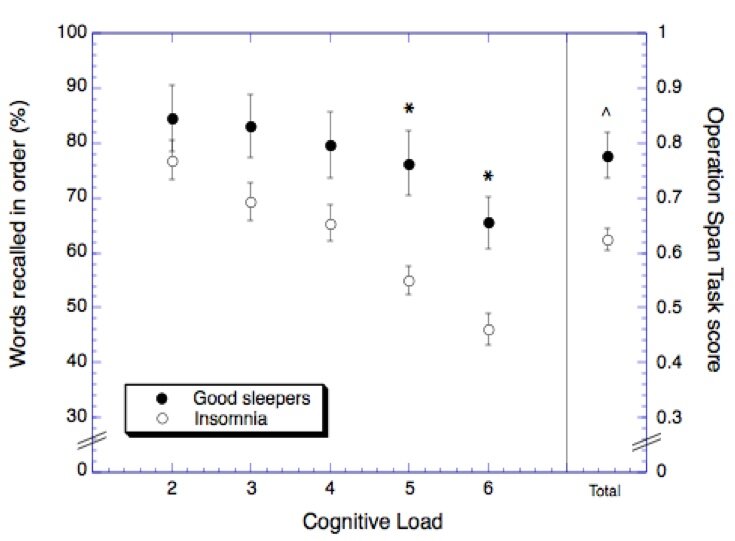#30 - Sleep & IQ - It's Groundhog Day (Not).
“You’re gonna have to teach outside your area of expertise” my new supervisor said shortly after I got my job as an academic.
And one of those areas was how to measure IQ.
So I spent my bus rides to work reading up on ‘What Is IQ’? More precisely - what are the components of IQ.
At the time, there were 10 broad parts to IQ. One of those broad parts was called ‘Short-term memory’.
Working Memory
Digging even deeper, one component of Short-Term Memory is known as Working Memory.
When we learn new information we need to rehearse it over and over - otherwise the info is lost after several seconds.
Forgetting the name of someone you’ve just met is a good example of this. If you don’t (quietly) repeat their name to yourself, then there’s a good chance you’ll forget their name.
Furthermore, when we are trying to learn new information, we can get interference from competing information.
So to take the above example a bit further, imagine you’re introduced to a new person but there’s other information coming at you:
“Hi. My name is Jacinda.”
“Hi. Nice to meet you. My name is Mike.”
“Nice to meet you Mike. So how was your trip? You travelled from Australia, right? “How was the flight?””
“Yes, that’s right … (now remember, her name is Jacinda) … it took about 28 hours to get here from when we closed the front door of our house. But we had some bad turbulence flying over the Indian Ocean” … (Damn, what was her name again? Josie? Jackie? It started with a J) …”
“The Indian ocean? So you flew the long way to New Zealand?”
Now, most people can relate to the above example, but there’s plenty more important examples. Indeed, any time you’re sitting down learning a new task - especially if there is someone teaching it to you. Whether you’re at a conference, have a professional development day - or have a class to take.
So back in 2006, we went into schools to measure the sleep of teenagers - and then we gave them some working memory tasks.
The Goldilocks Effect
We found what’s called an ‘inverted U relationship’ - or another way of thinking of it is “Not too little. Not too much. Just right”.
Teenagers that were getting between 8-9 hours of sleep per night on school nights performed the best on our working memory tests.
But…
Those teens who got <8 hrs - or - got >9 hrs sleep - performed the worst.
This sort of relationship has been found in other areas of sleep, including muscle function, quality of life, and noise from transportation (Planes, Trains and Automobiles - that’s two references to movies in this blog so far…)
If you wish to read this study in detail, you can do so here.
Insomnia vs Sleep Duration
After we published our sleep and working memory study in 2008, I was invited to a conference to speak about this work. So I tried to add something different by analysing our data in a different way.
And that way was to split the group we tested into 2 categories - those who slept well - and those with insomnia.
I actually find these results more interesting and more meaningful.
You see, there’s another small component of IQ besides working memory known as Memory Span.
Memory span means HOW much information you can hold in your short-term memory.
One of our memory tests required teens to memorise words - and between each word they had to say whether a mathematical formula was True or False. Here’s an example (see if you can get the maths formula correct):
What the data showed was that regardless of whether teens had insomnia or not, they could equally hold 1, 2, 3 and even 4 words in their Memory Span.
But as soon as they had to remember 5 or more words, then the Memory Span began to fail for teens with insomnia.
Now this is meaningful when we think about someone teaching us - especially if they are only speaking to us (ie, not using powerpoint slides as well).
As soon as their phrases get lengthy, those in the audience with insomnia are going to lose track of what’s being said.
Speaking of which - did you get the working memory test correct
- Prof Mike Gradisar
a shout out to Lisa Maltman from the Sleep Connection for recommending this blog topic. If you have a topic you wish us to cover, please feel free to comment below or Contact us directly.
Copyright WINK Sleep Online 2020












